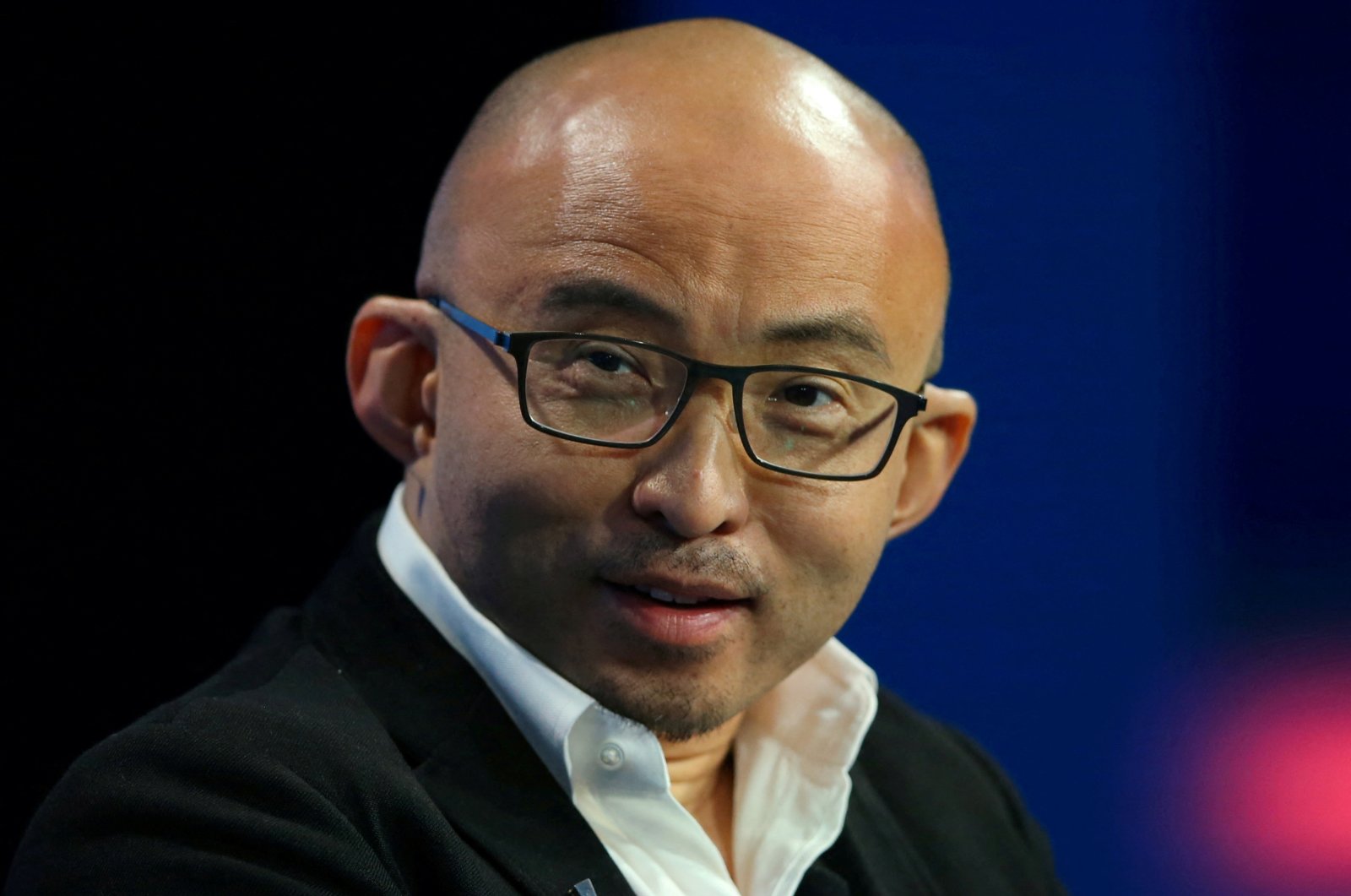
The Chinese billionaire chairperson of investment bank China Renaissance has gone missing, the firm said, as shares in the company plunged in Hong Kong Friday.
Bao Fan, who is also the executive director of the bank, is a major figure in the Chinese tech industry and has played a key role in the emergence of various domestic internet startups.
"The company could not contact Mr. Bao," China Renaissance said in an announcement on Thursday to the Hong Kong Stock Exchange, without offering further details.
Shares in the firm slumped as much as 50% following the statement before clawing back to sit around 30% down. Its Hong Kong-listed stock to hit a record low of HK$5 in early trade, wiping off HK$2.8 billion ($357 million) in market value.
The stock regained some ground later in the day to be off by 28% in the Hong Kong market which was down 0.7%. Nearly 30 million shares of the boutique investment bank changed hands on Friday, the highest on record.
According to financial news outlet Caixin, the 52-year-old dealmaker had been unreachable for two days as of Thursday evening.
China Renaissance was not immediately available for comment after being contacted by Agence France-Presse (AFP.)
A China Renaissance spokesperson referred Reuters' request for comment on Friday to the investment bank's public filing.
Bao's disappearance is now raising concerns over a possible renewed crackdown on China's finance industry as President Xi Jinping persists in his long-standing crusade against corruption.
Willer Chen, the senior analyst at Forsyth Barr Asia, told Bloomberg that the executive's continued absence "could be a long-term overhang on the stock, given Bao is the key man for the company."
Wang Wenbin, spokesperson for China's foreign ministry said he was "not aware of the relevant information" when asked about Bao's disappearance.
"But I can tell you that China is a country under the rule of law," he said.
"The Chinese government protects the legitimate rights of its citizens under the law."
China Renaissance has developed into a global financial institution, with over 700 employees and offices in Beijing, Shanghai, Hong Kong, Singapore and New York.
Founded in 2005, the group has supervised the IPOs of several domestic internet giants, including leading e-commerce firm JD.com.
Bao also facilitated a blockbuster 2015 merger between major ride-hailing firm Didi and its top competitor Kuaidi Dache.
The case of the China Renaissance is reminiscent of a pattern of investigations into top financiers from the country in recent years.
In 2015 alone, at least five executives became unreachable without prior notice to their companies, including Fosun Group Chairperson Guo Guangchang, who Fosun later said was assisting with investigations regarding a personal matter.
In 2017, Chinese-Canadian businessman Xiao Jianhua was arrested by mainland authorities and received a 13-year jail sentence under corruption charges last August.
Known to hold close ties to top Chinese Communist Party leaders, the billionaire was reportedly abducted from his Hong Kong hotel room by plainclothes police officers from Beijing.
At the time of his arrest, Xiao was one of the richest men in China, with an estimated fortune of $6 billion.
According to Caixin, China Renaissance President Cong Lin was taken into custody last September as authorities launched a probe into his work at the financial leasing unit of state-owned bank ICBC.
